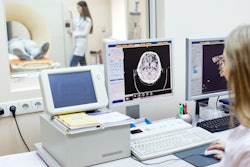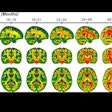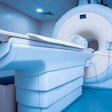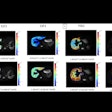Monday, November 26 | 3:10 p.m.-3:20 p.m. | SSE19-02 | Room E352
In this session, researchers will describe their early success in developing a deep-learning method featuring a convolutional neural network to help MRI detect mesial temporal sclerosis in epilepsy patients.Though mesial temporal sclerosis (MTS) is a common cause of surgically treatable epilepsy in adults, the condition is not always detectable on MRI.
Dr. Richard Gorniak, an associate professor of radiology at Thomas Jefferson University in Philadelphia, and colleagues retrospectively analyzed volumetric T1-weighted MRI scans from 119 patients with a clinical and electroencephalogram (EEG) consensus diagnosis of MTS. They compared them with scans from 88 control subjects.
Of those with MTS, 39 patients had no evidence of MTS on MRI scans and 80 were diagnosed with MTS during routine clinical review. The researchers then divided the studies into training, validation, and testing groups with a similar distribution of MRI types to develop the deep-learning algorithm.
During training, the maximum accuracy achieved on the validation set was 100%. An accuracy of 88% was achieved on the test set with a sensitivity of 89% and a specificity of 88%. In comparison, the sensitivity of the human interpretation to detect MTS among the subjects with a clinical and EEG consensus diagnosis of MTS was only 67%.
"On this small sample, deep-learning methods show potential utility for automating the detection of MTS on MRI, warranting further investigation," Gorniak and colleagues concluded in their abstract.


.fFmgij6Hin.png?auto=compress%2Cformat&fit=crop&h=100&q=70&w=100)





.fFmgij6Hin.png?auto=compress%2Cformat&fit=crop&h=167&q=70&w=250)











